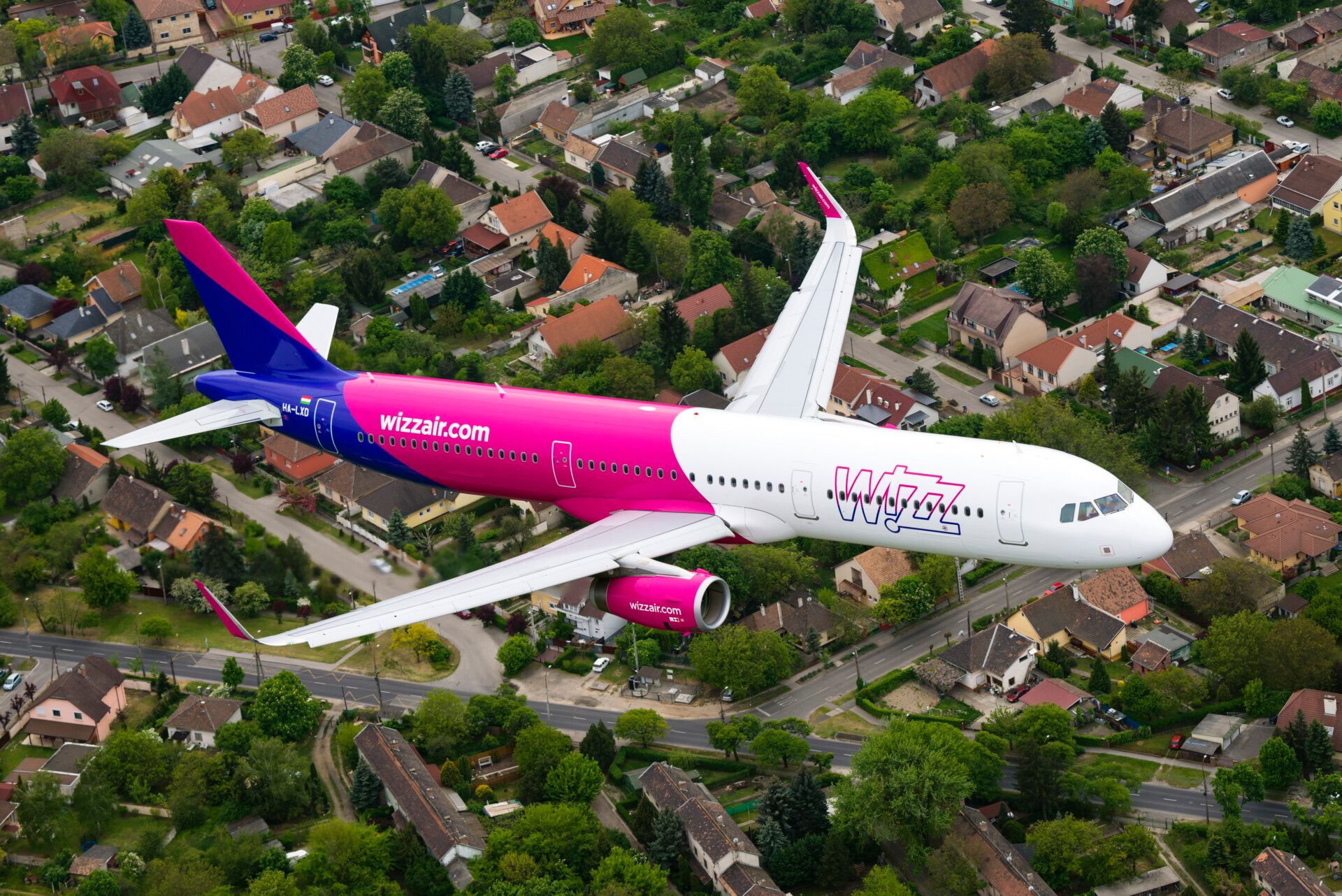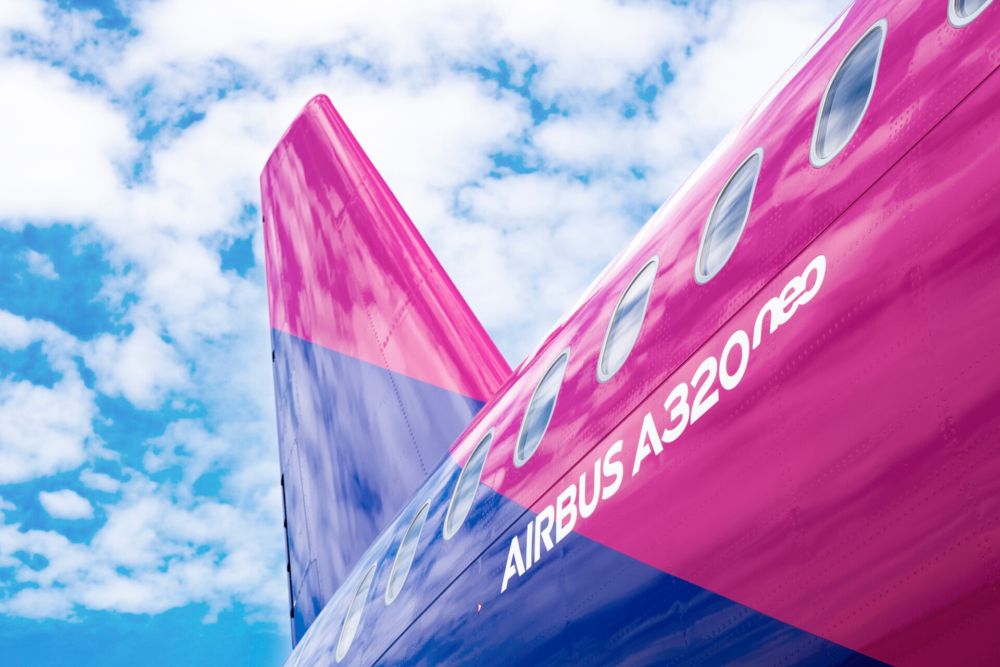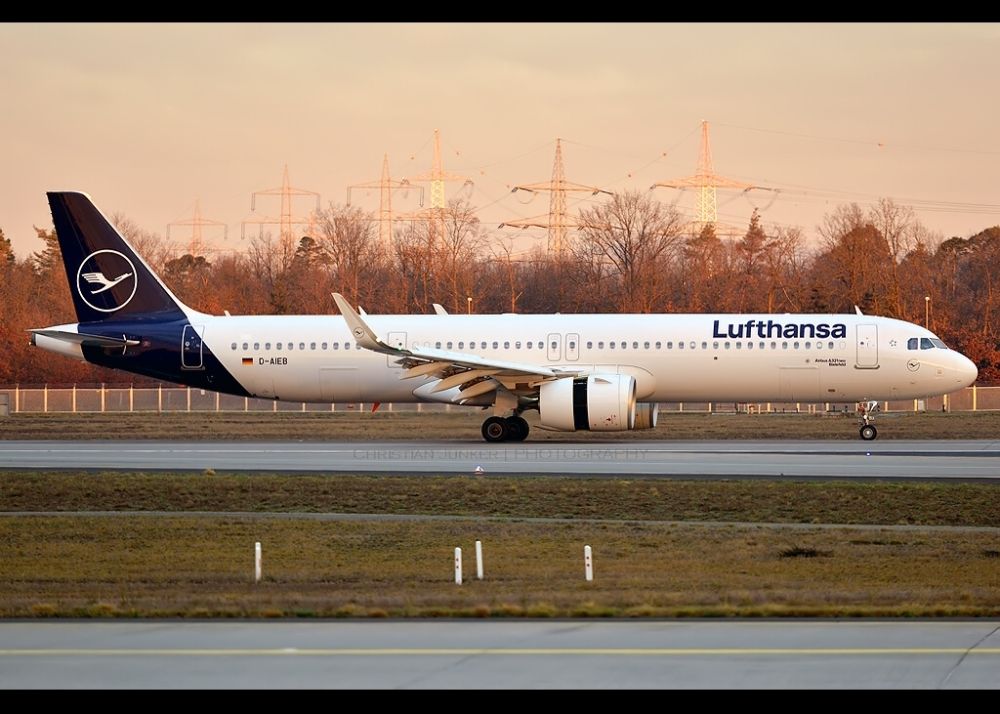At least, that is what the Hungarian budget carrier's founder and CEO, József Váradi says. The brightly liveried low-cost airline's boss sings the praises of the A320neo family's sustainability credentials while slamming the legacy carriers - along with the system that supports them - for their inefficiency and inability to innovate with the technology that is already existing.
During a fireside chat at the EUROCONTROL Sustainability Summit last week, Váradi arrived fresh from an order for close 200 A320neo family aircraft. The order, which includes options for 95 planes, was placed during the Dubai Air Show and is valued at $33 billion list price. It is key to Wizz's goal of reaching a 500+ size aircraft fleet - and, its CEO says, essential for progress on the path of emission reductions.
Flag carriers inefficient and un-innovative
While questioned how these expansion plans correspond to requests to lower emissions by curbing demand, Váradi defended Wizz's growth strategy from a sustainability perspective with that the LCCs are the ones who are moving innovation forward, rather than the older, national airlines with aging fleets.
"If Europe were to operate on the basis of the Wizz business model, operating Wizz aircraft, emissions would come down 34% overnight. (...) The real question is not why Wizz and other low-cost carriers are growing. The real question is why the system still supports the legacy carriers that are inherently inefficient, inadaptive, and un-innovative."
How do fleets compare?
The average age of Wizz's fleet across the group is 5.6 years - and only set to grow lower as new planes begin to arrive. To make a comparison to some of Europe's leading legacy carriers, KLM operates a fleet that is 12 years old on average - with only five new widebody aircraft on order. Its oldest Boeing 737s are 22 years old.
Air France's planes have 14.7 years on average. While the carrier has 84 jets on order, these are A220s and A350s, leaving its narrowbody fleet hovering between 12 (for the A320-200s) and 27 years (for the A321-100s) on average. Iberia does a little better with an average age of 9.2 and an order for 20 A320neo family aircraft, as well as 11 more A350-900s.
Lufthansa has a big order for 127 new aircraft, including 70 more of the A320neo family. British Airways is also in the process of renewing its fleet and is expecting an additional eight A320neo aircraft to add to a fleet of 27.
Fuel-savings with the neo
Airbus says that the options of the CFM’s LEAP-1A and Pratt & Whitney’s PurePower PW1100G-JM engines, coupled with the Sharklet wingtips, bring per-seat fuel improvements of 20%. However, when operated to its fullest potential, statistics show it can increase efficiency even more. According to Air Insight Group, in 2018, the A321neo delivered close to 30% improvement in fuel burn per seat over the A321ceo for carriers such as Alaska Airlines.
Meanwhile, if all airlines were to increase their fleet numbers and routes, overall emissions would rise to the point where less fuel consumption per plane no longer entails an overall reduction. There is a risk that before decarbonizing technologies become truly available in 2035 and beyond, aviation's CO2 emissions will actually grow as the sector begins to recover from the COVID-19 crisis.



